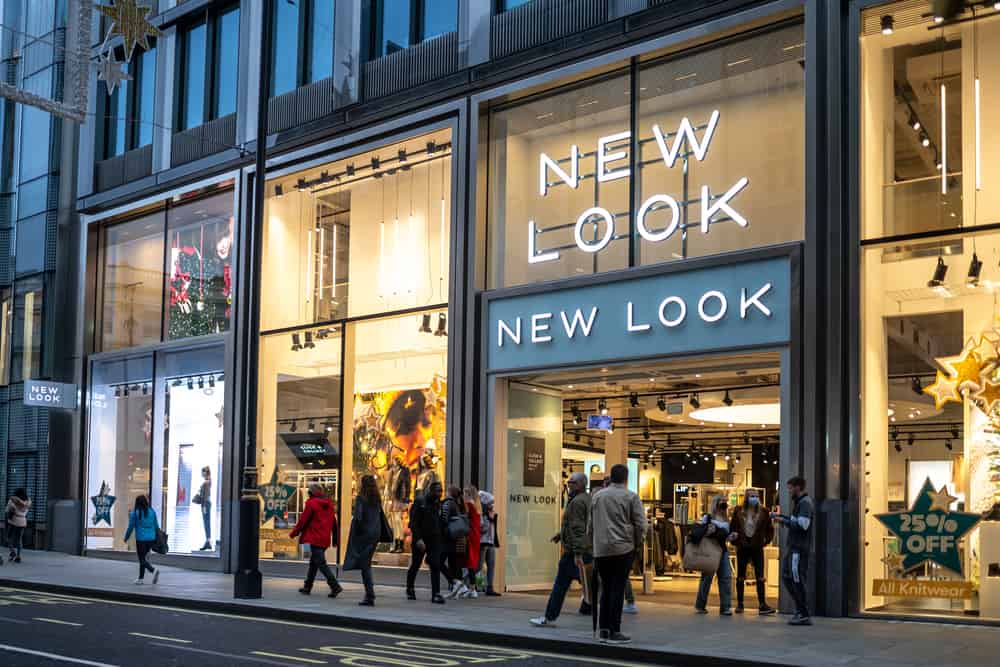It’s been revealed today that the Welsh are the biggest shoppers on mobile in the UK; 12.79% of Welsh respondents in new research commissioned by Tangent Snowball reported mobile as their preferred device to shop on – more than any other region, including London.
The research, which investigated the relationship we hold with different sectors of the high street and its future as a whole, revealed some other surprising insights. For instance, shopping on tablets more popular in Yorkshire and Humberside and the North East than in London – 18.75% (Y&H) and 16.22% (NE) : 14.97% (London).
Consumers in the North West are most easily distracted – with 15.65% of respondents stated they are most likely to abandon their shopping because they get distracted, while the Welsh are the most thoughtful of the regions with 32.73% of consumers there saying they would be most likely to abandon their basket in order to mull over the decision to buy the items.
Across all sectors – consumer goods, consumer services, FS, Healthcare, Services, Tech and Utilities – consumers in the North East were happiest to be addressed on a first-name basis (48.65%, 48.65%, 40.54%, 37.84%, 40.54%, 37.84%, 37.84%).
More consumers in Northern Ireland named sectors as their “significant other” than any other region when it came to FS (25.51%), Tech (19.35%), Telecoms (19.35%), and Supermarkets (19.35%), however, the West Midlanders are most enamoured with retail and restaurants – 20.45% and 22.73% of consumers in the West Midlands listed retail and restaurants as their “significant other”.
Consumers in the East Midlands most negative about sites showing adverts for products they’ve looked at previously – 36.92% of consumers in the region reported seeing adverts of products they’d looked at previously as an invasion of their privacy.
Steve Grout, CEO, Tangent Snowball explains: “The fact that the Welsh are such big advocates of mobile and that shopping on tablets is more popular with consumers in Yorkshire & Humberside and the North East than those of us in London will undoubtedly surprise many. Too often, individuals in marketing and customer experience roles in companies assume that everyone is the same as them but actually our world view is distorted. We, and our circle of friends, are not necessarily representative of the general population and this research illustrates this very clearly. As the economy starts to find its feet again and consumer spending increases, investing in getting a clear picture of what consumers want and feel will be priceless.”








